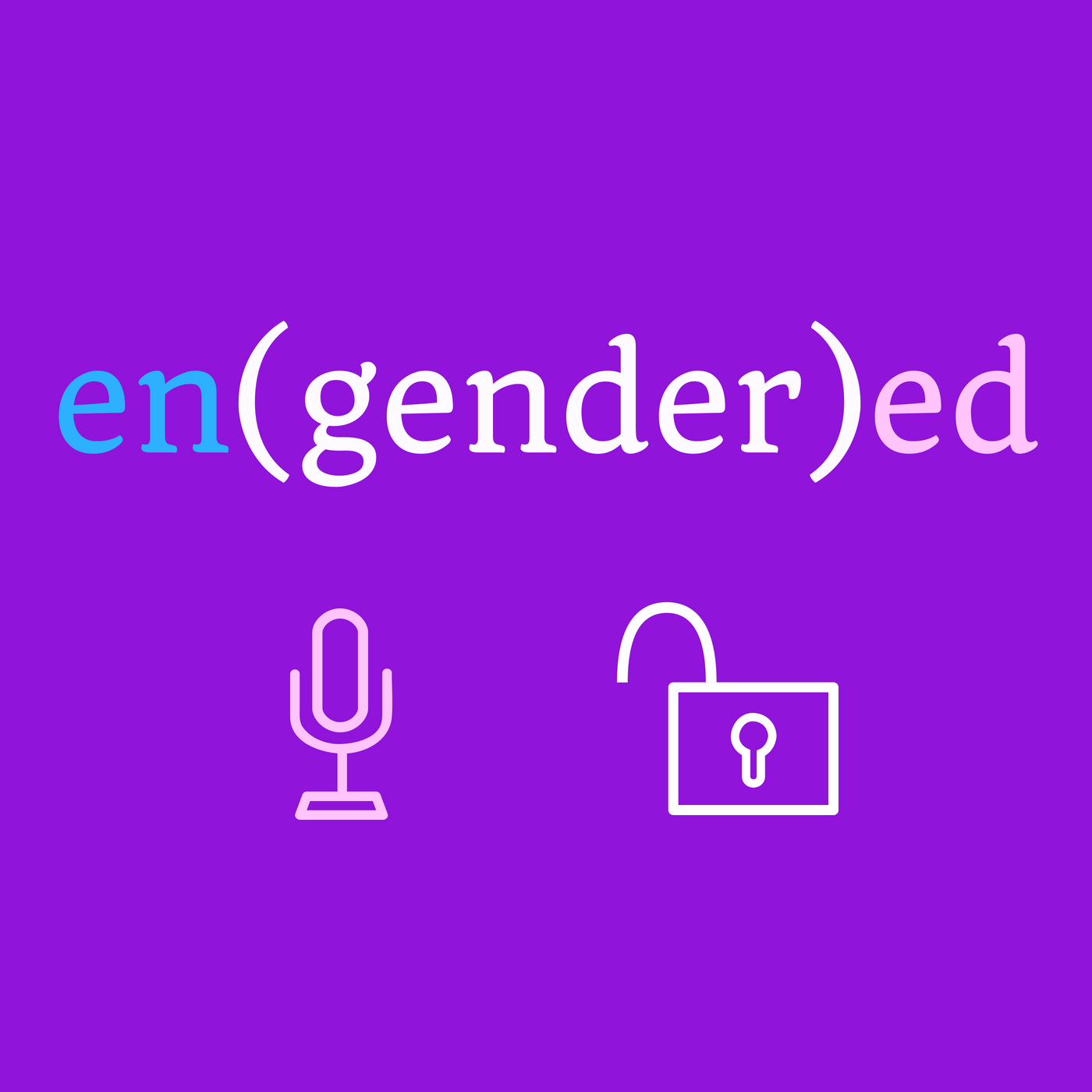
**A word of caution–these conversations contains frank discussions of child sexual abuse and the effects of abuse.**
This year, in recognition of DVAM, the Engendered Collective hosted a series of community conversations to bring greater awareness to domestic abuse and gender-based violence. Today’s conversation deals with the intersection of domestic violence and systemic sexism and child abuse. Our guests included Anita, “Annabelle,” “Courtney,” and Roz.
Anita Gera is a protective mom from Great Britain. In 2014, Anita went to the British police to seek protection when her abusive and controlling ex-husband, an American pilot, threatened to take their children from the UK without her permission. Over the next year, through her ex-husband’s use of the Hague Convention, Anita’s case brought her back to the USA and resulted in a divorce and custody decision that would dramatically change the course of Anita and her children’s lives. She has not been able to see her children, now thirteen and fifteen years old, since August 2015. Anita doesn’t know when she will be able to see her children again as she has neither the means nor resources to enforce her parenting time with her children and she fears that doing so would put them at greater risk of harm by their father who has now ceased all contact with her.
“Annabelle” is a divorced Maryland mother who shares custody of two children living with abuse and coercive control. On their weeks with their father, her children have no phone access to their mother, their friends, or 911. They live in fear of having food withheld and of abuse under the guise of corporal punishment.
“Courtney” is a survivor of domestic violence, the family law courts, child protection services and bankruptcy. A judge ordered unsupervised parenting when her son was three, even though he noted that there was a “preponderance of evidence” proving the father was not able to keep him safe. When in the father’s care for a few hours at a time unsupervised, Courtney’s son suffered more injuries, including concussions, repeated head and face bruises, lacerations, ER visits, rashes and swelling of his genitals and a red and swollen rectum.
Despite multiple medical and mental health professionals filing child protection reports for suspected abuse, and court testimony by Courtney’s son’s therapist of her concerns about suspected sexual and physical abuse by the father – the father’s testimony of a past child sex assault, the judge recently granted the unthinkable – extended, unsupervised, overnight visits. Courtney’s goal of telling her story is to help mothers feel they are not alone because the support from protective Moms has given me the ability to continue to find strength and the most effective ways to help my child in a broken system.
Roz Davidson is Director of The Positive Parenting Company Ltd and a National Consultant and a Trainer in the UK implementing the “Community Groups Programme” a therapeutic program for women and children recovering from domestic abuse. It is a child-focused piece of work with the Mother supporting the child and addresses self-blame, attachment, what is abuse, emotional regulation across themed sessions delivered over 12 weeks. You can learn more about the Community Groups Programme here.
During our conversation, Anita, Annabelle, Courtney, and Roz and I touched upon the following resources:
- The definition of a “protective mother”
- Examples of #abusertactics, #signsofabuse, and #upstandertips
- Teri’s post on the cultural history of “PAS” or “Parental Alienation Syndrome” as an abuser disinformation tactic to discredit victims’ legitimate claims of abuse
- The AFCC and its complicity with enabling the abuser narrative of “PAS” through their codification and institutionalization of this nonscience and fact-based and discredited abuser disinformation tactic
- Examples from listeners of coercive control
- The role of “male supremacists”–the gender equivalent of “white supremacists,” but often mischaracterized as “MRA” or “men’s rights activists”
- The documentary, What Doesn’t Kill Me, which addresses systemic gender bias against protective moms in family court
- The effects of trauma on protective moms and children exposed to abuse
Don’t forget to subscribe to our show!

